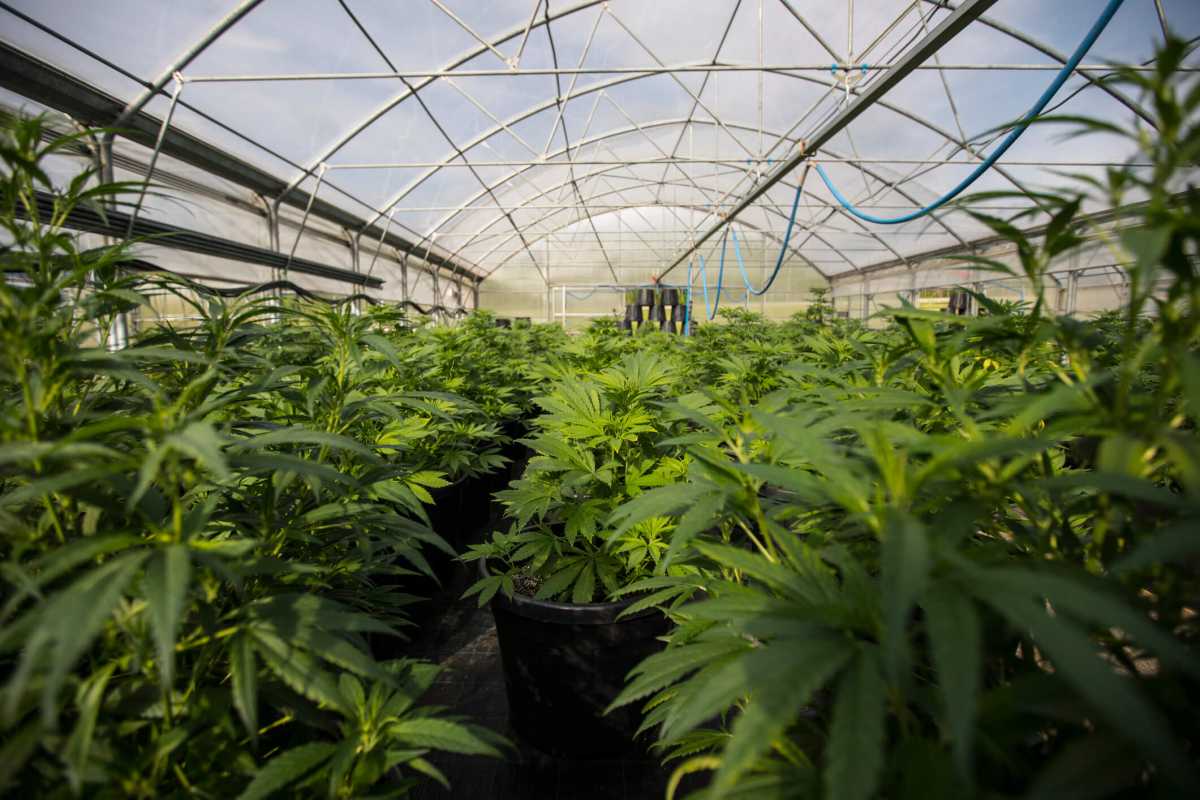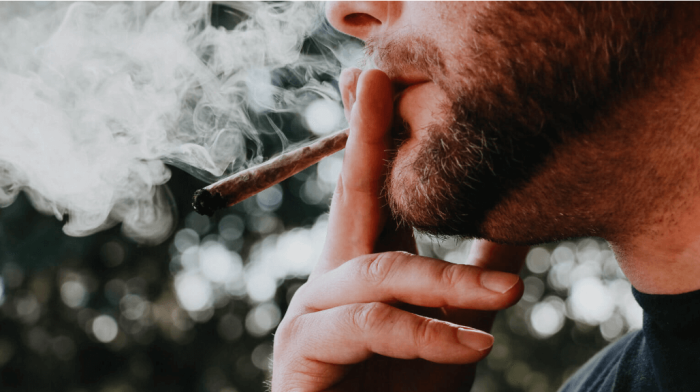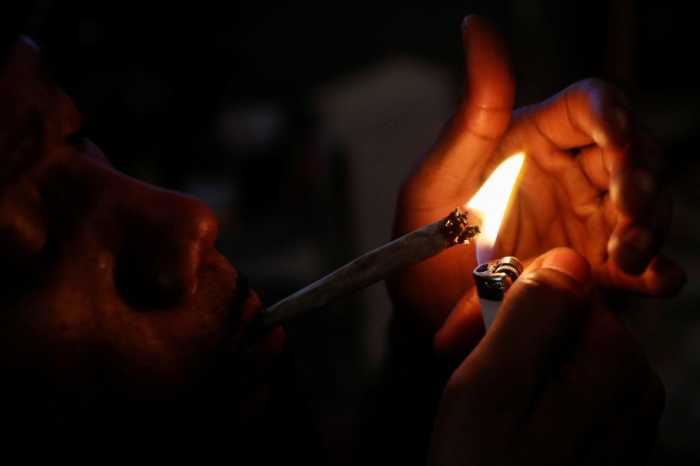Commitments to advancing minority communities in the emerging cannabis industry are often either overlooked or just put down on paper. We rarely see these, often good, intentions appropriately turned into action that directly benefits marginalized individuals. In states with established legal cannabis programs, these shortcomings have been extremely counterproductive towards establishing a truly fair and equitable industry that provides opportunities to those disenfranchised by prohibition. While there may be no clear solution to this issue, it is evident that fostering meaningful social equity in cannabis requires comprehensive thought, action and investment throughout the process of getting these markets off the ground.
Social equity promotion is very lopsided politically, racially, and with regard to physical and mental abilities. According to the 2021 Census, just over 42 percent of the US population are members of the BIPOC community. Yet, less than 3 percent of legal cannabis businesses reflect ownership by BIPOC individuals. This gap is far too wide and makes it glaringly obvious that existing plans for inclusion are currently insufficient.
More specifically, of the 37 states who have some form of a legalized cannabis program (medical and/or adult-use), only 13 of these states have rolled out some form of a social and economic equity program. This represents a mere 27 percent. Of those, only New York and Massachusetts have developed programs which specifically name the BIPOC community as a benefactor of these programs for inclusivity. Thus, only 5 percent of medical and adult-use states have created any type of social equity opportunity.
In Maryland, not one of the state’s first 15 licenses went to Black-owned businesses. Also, in states like Ohio, which initially promised 15 percent of its licenses would go to minority groups, marginalized individuals find themselves fighting uphill battles, with their state’s white dominated Supreme Courts deciding inclusion efforts to be “unconstitutional.”
As New Jersey gets its recreational market off the ground, 56 retail licenses have been approved by state regulators, but we have yet to see a license awarded to a Black business owner. The state’s Cannabis Regulatory Commission (CRC) and Governor Phil Murphy have promised reform and correction of the harm prohibition has had on disproportionately impacted communities of color, but thus far, these promises have been met with hollow execution.
Furthermore, social equity is almost nonexistent across the board for minorities characterized by gender identity, gender expression, and sexual orientation, even though the LGBT community has always been tightly intertwined with the industry and negatively affected by prohibition, as cannabis is a known treatment for HIV/AIDS, a condition that has disproportionately affected LGBT individuals.
While there is some genuine intention, we are currently far from having any type of diversity and inclusion plan in which any minority group is able to survive, let alone thrive. However, New York’s social equity program, if carried out as envisioned by the MRTA, appears to potentially be the most progressive, with regard to acknowledging that efforts in creating a truly diverse and inclusive cannabis program need to go beyond empty promises of first priority licensing as its sole/primary action item.
Governor Kathy Hochul’s pledge of $200 million to support social equity applicants is one of the first times the difficulty to obtain start-up capital needed for minority-owners to develop sustainable business models has been addressed. In addition to this the Cannabis Control Board has acknowledged the need for legacy and minority-business owners to also be supported with education and mentoring resources to help them succeed. It won’t be until New York’s adult-use market finally opens, and hopefully, these plans are effectively executed, that we will see if efforts like these are the solution to ensuring minority business success.
New York even has the opportunity to properly include and honor the LGBT community in its adult-use program by passing senate bills S7603 and S7517, which would include gay, lesbian and bisexual people, and transgender and non-binary people in the state’s social equity applicants for cannabis businesses, a measure that was otherwise excluded from the original conceptualization of the MRTA.
Every time we see another state legalize and begin working to establish a regulated cannabis program, there is improvement upon creating and executing social equity measures, a sign that the industry is on the right track. In order to establish a truly inclusive and diverse cannabis industry, It is imperative that all underrepresented, misrepresented, and marginalized communities that have borne the brunt of criminalized cannabis and the War on Drugs are prioritized as more states roll out adult-use programs. New York now has the opportunity to set a new standard in bringing social equity measures spelled out on paper to fruition and create a truly diverse and equitable industry as they work to get their adult-use program underway.
Stacey Webb is co-founder and Chief Equity Officer of The Pantheon Collective, a LGBT majority-owned cannabis start up company working towards LGBT equity and inclusion in NY’s adult-use cannabis market. If you or someone you know are interested in finding out more about entering the cannabis industry please reach out to our leadership team at info@thepantheoncollective.com.






































